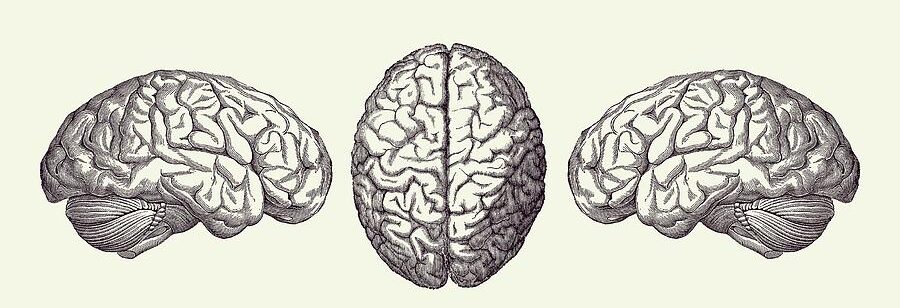Memory recall tests play a vital role in scientific research on human memory. They assess memory performance, uncover mechanisms, and have practical applications in education and clinical settings. By refining these tests, we deepen our understanding of memory, improve learning techniques, and advance interventions. Memory recall tests are invaluable tools in unraveling the mysteries of the human mind.
Assessing Memory Performance
Memory recall tests objectively evaluate memory performance. They reveal the effectiveness of learning strategies, interventions, or treatments designed to enhance memory abilities. Comparisons between conditions or groups identify factors impacting memory recall and areas for improvement.
Uncovering Memory Mechanisms
Memory recall tests help unravel memory formation, storage, and retrieval mechanisms. By analyzing recall errors, forgetting curves, and recognition rates, researchers understand cognitive processes and the impact of variables like age, attention, and emotional states on memory recall.
Real-World Applications: Memory recall test findings have practical applications in education and clinical research. They inform teaching methods to optimize retention and aid in diagnosing and treating memory-related disorders.
Examples
Example 1:Assessing Learning Techniques
In an educational study, participants were divided into two groups. One group used mnemonic techniques, such as creating visual associations or acronyms, while the other group relied on simple repetition. Both groups were then given a memory recall test where they had to recall a list of items. The results of the memory recall test were analyzed to compare the performance between the two groups and determine which learning technique was more effective.
Example 2: Understanding Memory Disorders
In a clinical research setting, individuals with suspected memory disorders underwent memory recall tests as part of their diagnostic assessment. They were presented with a series of pictures, words, or events to remember, and later asked to recall or recognize them. The performance on the memory recall test, combined with other clinical assessments, helped researchers understand the severity and nature of the memory impairment, leading to accurate diagnosis and treatment planning.
Example 3: Investigating Memory Retention
In a psychological experiment, participants were exposed to a series of stimuli, such as images or word lists, and then given a specific delay period. After the delay, they were tested using a memory recall test, where they had to retrieve the previously presented stimuli. By varying the length of the delay and analyzing the participants’ recall performance, researchers could examine how memory retention changes over time and identify factors influencing forgetting or retention rates.
Example 4: Optimizing Memory Interventions
In a study aimed at improving memory abilities in older adults, participants underwent a memory training program that included various cognitive exercises and strategies. Before and after the training program, participants were given memory recall tests to assess their memory performance. By comparing the pre-training and post-training test results, researchers could evaluate the effectiveness of the intervention and identify specific areas of memory improvement.

